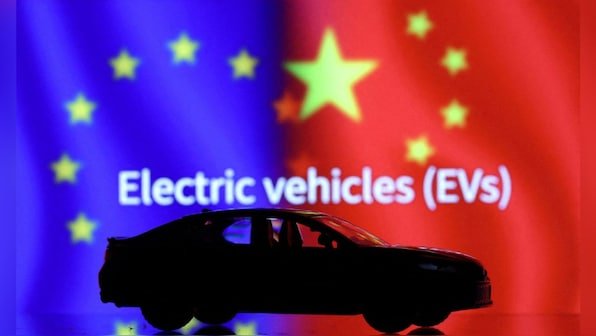
European automakers are forging deeper ties with China, defying the intent of tariffs designed to shield the industry from an influx of state-subsidised electric vehicles (EVs).
Rather than shutting out cheaper Chinese models, the levies– introduced by the European Commission in October– are accelerating cooperation between struggling European carmakers and their cost-competitive Chinese counterparts.
The financial strain on Europe’s car industry is stark. Last year, net profits tumbled at five of the continent’s biggest players: down 28 per cent at Mercedes-Benz, 33 per cent at Volkswagen and a staggering 70 per cent at Stellantis. Renault and BMW also reported declining earnings, amid sluggish EV sales and high production costs, Nikkei reported.
In response, European manufacturers are making painful cuts. Mercedes-Benz is scaling back production capacity in Germany from 1 million vehicles annually to 900,000. Volkswagen plans to shutter two German factories, axing 35,000 jobs by 2030.
At the same time, these companies are looking eastward. Volkswagen has turned to China’s Xpeng Motors in a bid to speed up development cycles, slashing the time from concept to launch from 54 months to just 36. The two companies will jointly develop systems and software, with Volkswagen-branded EVs set to hit the Chinese market next year.
Renault, whose profits plunged by two-thirds, has established an EV research and development hub in Shanghai. It is partnering with a Chinese company to bring the budget-friendly Twingo EV to Europe in 2026, priced under €20,000 (£17,150).
Content retrieved from: https://www.firstpost.com/tech/auto-tech/struggling-in-home-continent-european-carmakers-look-to-china-on-evs-despite-eu-tariffs-13872005.html.




